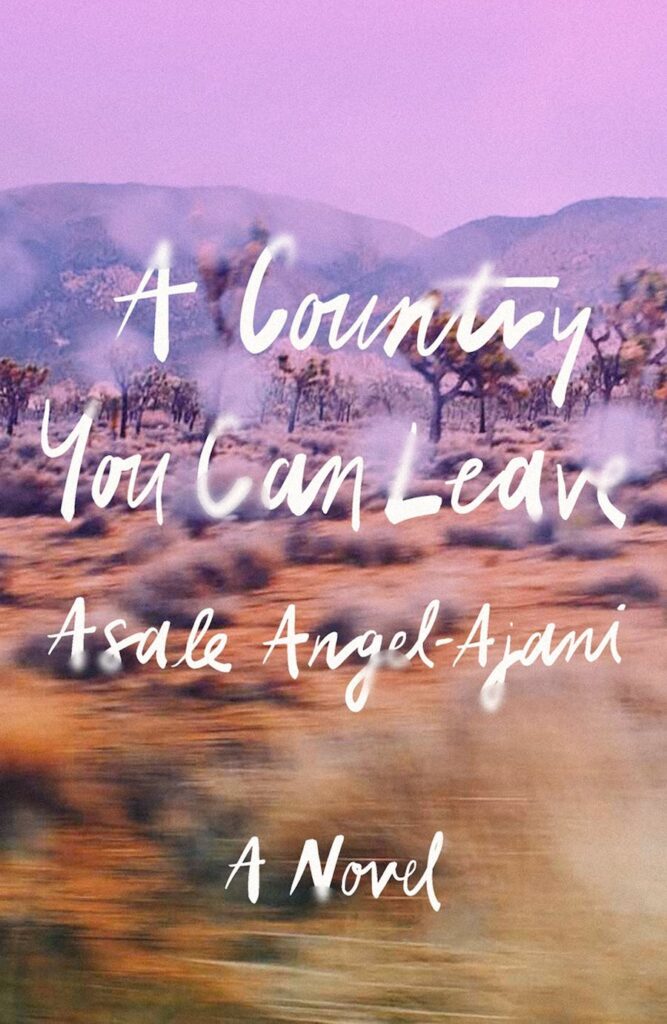
Never immortalize the mother. For that matter the father too. People on pedestals are just people you can’t reach.
If it weren’t for dear Elián González, the Cuban boy found a year ago tied to an inner tube off the Florida coast, my second father would have no place in my imagination.
When Elián first arrived on Florida’s shores, he was on hot rotation for the twenty-four-hour news. They’d replay footage of him being wheeled into some hospital in Miami on a stretcher, talking about how the kid lost his parents during a “tragedy at sea.” I recall Yevgenia, who usually insisted that I turn off the TV when she’s around, standing next to me watching the coverage.
“Two days at sea and he looks like that?” Her voice ripe with cynicism, but she nodded an admiring approval.
“What’s that supposed to mean?” I didn’t have any reason to defend the kid, but still, I found her reaction unnecessary. “I mean look at him, he’s a poster child for los gusanos staroy gvardii. He’s clean, he’s cute, he’s the right complexion.” She scowled at the screen.
Staroy gvardii. The old guard. I have heard her use this term most of my life without ever really knowing what it means. Yevgenia always seemed to complain about “feeding the old guard” when it came to taxes, speeding tickets, and voting. I’m not sure how this applied to Elián González but I was certain she’s winding up to tell me.
“Antisocialist pigs, every last one of them. Fucking exiles. They all come to America to bleed red, white, and blue. Join the fascists. I know”—she pointed to herself—“give him two or three years tops, he loses the accent and the whites embrace him with open arms. They do that with some immigrants, you know, the Russians, the Irish, the Jews, the Italians, the light Hispanics, they go to the other side.” She waved her hand at the TV. “This whole thing is probably staged to embarrass Castro at the WTO. The capitalists are nervous.” She turned to me, her eyebrows raised. “You know, people are threatening to march in the streets. Perhaps now these American pussies will finally read their Lenin.”
I don’t remember remarking on her racial analysis, it’s just too close, but Castro and the WTO? I interjected, “Please. How is that even connected? They fished this kid out of the water. His parents just died, probably right in front of him.” Images flashed on the screen of Elián leaving the hospital, limply holding the hands of two adults, looking scared out of his mind. His clothes were so crisp that I could almost smell their newness. Someone thought to place a baseball cap on his head, jauntily flipped to the side. Okay, maybe not the best choice for a grieving child, and for a second, I considered my mother’s conspiracy theory. The kid was too telegenic. His appeal too manufactured.
“Conservative porn.” Yevgenia grunted her disapproval.
“People in Miami are collectively creaming their pants right now.” She grabbed her purse from the dining table and looped her large warden’s ring of keys around her wrist. They rattled and clanged like many excited yapping dogs about to go outside.
“By the way, they’re lying,” she said smugly before walking out the door. “Both his parents didn’t die. That boy’s father is in Cuba and he wants him back.”
That boy’s father is in Cuba and he wants him back.
I’m not aware then how my mother’s words will leave me festering a noxious resentment toward Elián that would suppurate even after he’s long gone. Is it taboo to fantasize lines of kinship? Because I imagine I’m Elián’s sister. His evil sister. The unacknowledged dark child. The baby left swaddled next to the toilet in a public bathroom, like at an airport or a McDonald’s. So as the TV erupted over the months with questions and debates around Elián González’s patria and paternity—who wants him and who gets to keep him—I sink further into orphaned statelessness.
My father, my actual father, is Cuban. My mother let it slip out one day, years ago. Of course, she had been drinking. I was eight or maybe eleven, so my memory is as unreliable as any of Yevgenia’s stories—drunk or sober.
If Elián González is the right kind of Cuban, I was raised on the knowledge that my father, Vladimiro, was not. Vladimiro Larenzo Fidel Montoya, who everyone called “Miro,” is a Black schizophrenic. There’s no sympathy in my father’s migration, nothing the media might cry over. Nothing like Elián. According to my mother, after months of boiling his leather belts hoping for a taste of meat during the first wave of food shortages in Cuba, my father, Miro, boarded a rickety sea vessel called the Evelyn during the 1980 Mariel boatlift. He was a young man around twenty, hungry and confused. Like Elián, my father may have had a vague sense of what going to “La Yuma” was all about. But America was only solidified for him after he arrived in Miami and began his diet of candy bars and discrimination.
When I was old enough to understand that my real father was Cuban, I tried to find him in books. I began reading everything I could by Cuban authors—well, everything written in English. My Spanish was marginal and I learned to be okay with that, although Mr. Collado, my fourth-grade Spanish teacher, got angry with me. Sometimes he would say, “Ay, come on, Lara, you should know better. Your accent is perfect but you have the grammar of a three-year-old.” Sure, it stung when he said that, and the giggles of my classmates clung. But I was more hurt by the possibility that I would never be native, even though I had no clue what that meant. It left a window open for me. That I “sounded” like I could come from someplace put Cuba in my mind in the way that Russia never was—though I recognize that the Cuba of my father is not the Cuba of my fantasies. In my Cuba, I want men in white suits, black-and-white wing tips, a Panama hat. I want the women in tight red cha-cha dresses, the sound of a vibrant danzón streaming down the street from the open balcony of an immaculate Spanish colonial building dripping with bright pink bougainvillea. I want the sun to be filtered through gauzy cotton clouds and cradled against the rounded bodies of 1950s Cadillacs all parked in a line of rainbow colors along the streets. I want the cry of ¡Hola, amiga!, sly dirty-word puns, and the uproar of laughter that comes from full, content bellies and the possibilities of dreams. I want people who look like me, with brown skin in a range of hues. I want no questions asked.
Russia, on the other hand, belongs to my mother. In certain specific ways, it’s off limits. It’s harder to imagine the kind of warmth and laughter and acceptance from Russia that I imagine for Cuba. Russia seems cold, limiting, fallow.
It seems to be a country of ferine, insatiate hunger, cruel insider jokes, irrational superstition—my mother through and through.
Elián González jolts me out of the safe perch of my armchair. If both his father and his country want him, then surely, my thinking goes, mine will want me too.
*
After our morning at the clinic, I have questions. I want my mother to arrange a meeting. But Yevgenia acts like she works in customer service for the Exxon Valdez and takes an attitude of stubborn, frustrating deflection. All she’ll say on the matter is, “Look, I did what was asked. He wanted to see you and so he did.” She’s right, of course. Through her crude tactics, by putting me on display in the parking lot that day, leaving me to stand outside the car, making me sit in the waiting room even after the appointment was over, he saw me.
“Yeah, but when did you talk to him? Why didn’t you tell me?” Not that I would have known what to say to the lonely-looking Black man who said hello to me at the doctor’s office, but that was my decision to make, not hers.
“I didn’t ‘talk’ to him.” Yevgenia uses air quotes, and I can’t help feel like she is dismissing me. “They sent me a letter from the state hospital. He was in the psych ward, okay?”
I think back to the letter she had the night she met Charles. All this time and she didn’t tell me.
She’s watching my face carefully. “Don’t get involved. When it comes to your father it’s very complicated, very difficult, and I can’t handle it right now.”
“That’s fine,” I say, too tired to keep pushing against the walls she throws up. “I’ll figure it out on my own.” The room
__________________________________
Excerpted from A Country You Can Leave: A Novel by Asale Angel-Ajani. Published by MCD/Farrar, Straus and Giroux, February 2023. Copyright © 2023 by Asale Angel-Ajani. All rights reserved.


